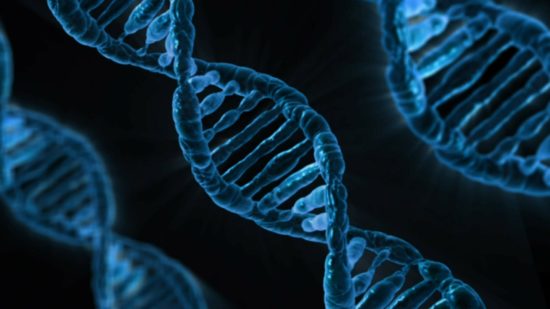Identification of Antimicrobial Resistance Mechanism May Lead to Novel Drug Targets
Scientists say they have identified a critical mechanism that allows deadly bacteria to gain resistance to antibiotics. The findings, “The pentapeptide-repeat protein, MfpA, interacts with mycobacterial DNA gyrase as a DNA T-segment mimic”, which are published in Proceedings of the National Academy of Sciences (PNAS), offer a potential new drug target in the search for effective new antibiotics as we face the growing threat of antimicrobial resistance (AMR) and infections caused by bacterial pathogens.
The study investigated quinolone antibiotics which are used to treat a range of bacterial infections, including tuberculosis (TB). Quinolones work by inhibiting bacterial enzymes gyrase and topoisomerase IV, thereby preventing DNA replication and RNA synthesis essential to growth. They are highly-successful antimicrobial agents widely used in current medicine, but bacterial resistance to them and other treatments is a serious problem.
AMR NEWS
Your Biweekly Source for Global AMR Insights!
Stay informed with the essential newsletter that brings together all the latest One Health news on antimicrobial resistance. Delivered straight to your inbox every two weeks, AMR NEWS provides a curated selection of international insights, key publications, and the latest updates in the fight against AMR.
Don’t miss out on staying ahead in the global AMR movement—subscribe now!







